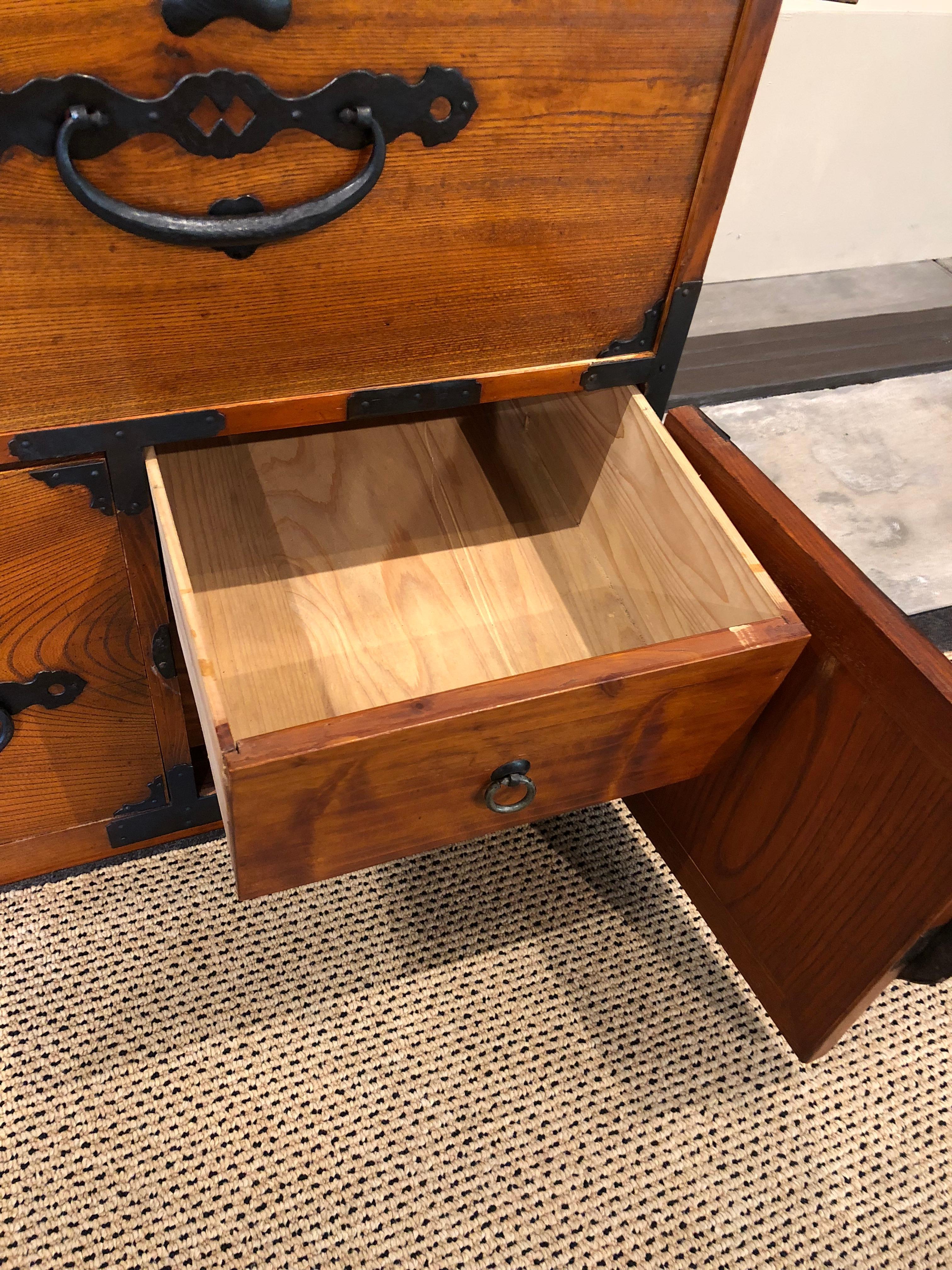
And wherever you go, information in English is exceedingly hard to come by. Others, like Toshogu Shrine, are off-limits to the public.

With no aspirations as a tourist destination, Kawagoe is not always in tune with the pleasures of its visitors: Some of the town's greatest treasures, like the former residence at Kita-in Temple, for example, are in shabby condition. A stroll through the city's outskirts reveals part-time farmers in traditional cotton bonnets and pants coaxing vegetables out of pint-size patches of land. It is brimming over with dozens of old temples once patronized by the lords who ruled the district. It has a handsome, well-to-do merchant quarter, replete with the blackened clay and plaster storehouses. Known as Little Edo (Edo is Tokyo's former name), Kawagoe calls forth a more elaborate, if rural, version of the capital's colorful, old-fashioned neighborhoods. It's a partying town, noted for its raucous festival every fall. The city of 320,000 has built a name on its distinctive type of sweet potatoes and its indestructible 100-year-old storehouses, once used mainly for rice.

But while the latter evoke Japan's enlightened cultural past, Kawagoe is heavy on homespun charm. But by last February - nine prime ministers and a full-blown recession later - the city was blossoming, almost in spite of itself, into a bustling tourist town.Ībout an hour northwest of the capital, Kawagoe has always existed in the shadow of older, more graceful Tokyo-area cities, like Kamakura and Nikko. Back then the low-key pleasures of the former castle town were scarcely known. When I first arrived on the doorstep of the Kongohs, my Japanese homestay family, Kawagoe seemed both proud of its past and intent on its privacy. Strapping it around my shoulders, I pushed through the flea market crowds at Narita-san Temple - eyeing piles of old silk kimonos, rows of hand-wrought farm tools, a 1950's Columbia record player here, a perfectly preserved navy officer's uniform there - until I found my companions for the day and my reason for going to the city of Kawagoe 10 years ago: the Kongoh family, lost in thought over a display of antique tea bowls. THE seasoned vendor with unruly white eyebrows and a towel around his head grunted thanks as I paid for a beat-up, backpack-like basket used for carrying tea.


 0 kommentar(er)
0 kommentar(er)
